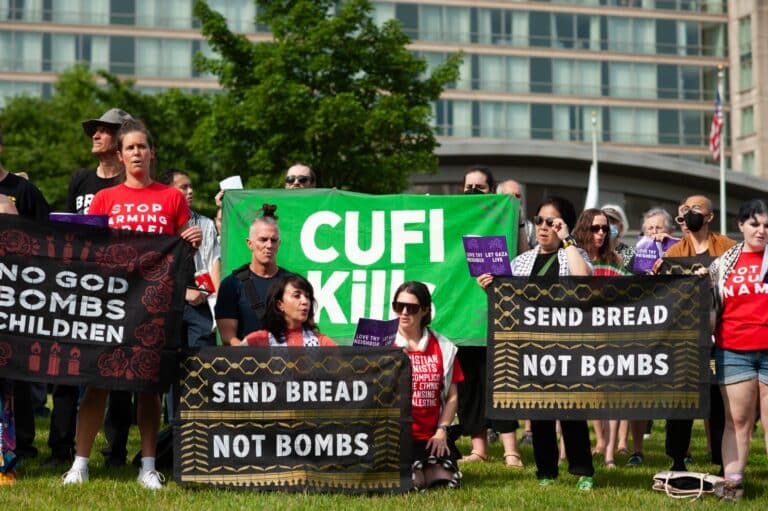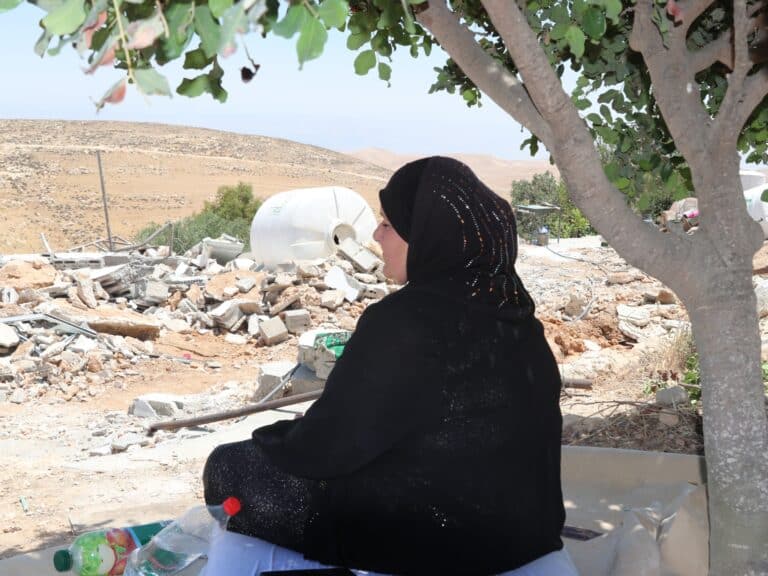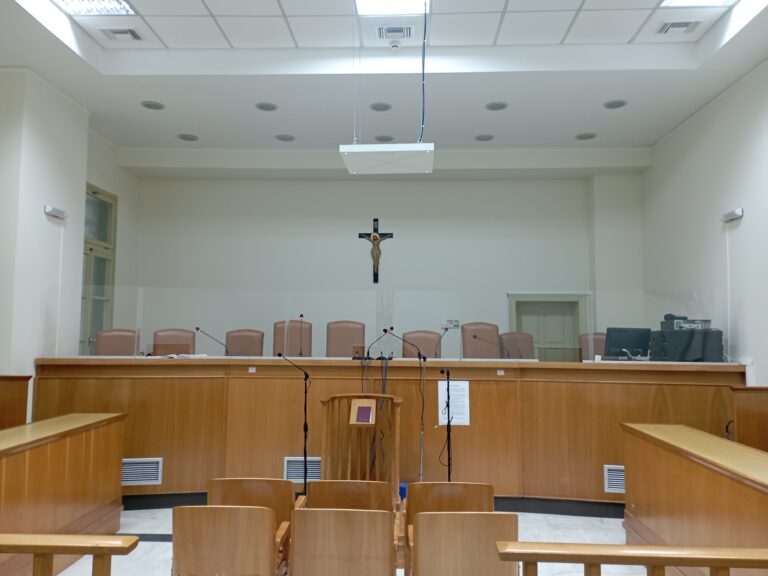by Michele Naar-Obed
The people’s uprising against corruption and lack of basic rule of law in the Kurdish north of Iraq has come to an end for now.
For 62 days, from 17 February to 18 April 2011, the people of Suleimaniya Province fought a valiant nonviolent campaign in the form of street demonstrations and strikes. Thousands participated in open-mike rallies in the public squares of numerous cities where people from different sectors had a chance to express their ideas about how to move forward as a society. They presented a list of demands and structural changes, developed a “Road Map to the Peaceful Transition of Power in Southern Kurdistan,” and appealed to the international community for support.
Following the first day of demonstrations, the two ruling parties, Patriotic Union of Kurdistan (PUK) led by Jalal Talabani and the Kurdistan Democratic Party (KDP) led by Massoud Barzani, called in their personal military troops to crack down on the protests. The demonstrators appealed to the soldiers to lay down their weapons and join in the people’s campaign. They shared flowers, candies, handshakes and hugs with the soldiers and greeted them from the stage as “brothers.”
The soldiers eventually left the town squares throughout the province and the people continued the hard work of organizing and defining their voices. They proved to be a serious challenge to the ruling powers who often used violent methods to sabotage the movement.
In the end, the authorities won this round of the battle. The military’s anti-terrorism unit, trained and armed by the USA and headed by a member of the Talabani family, branded the demonstrators as terrorists and used live ammunition, beatings, kidnapping, arrests, and psychological terror to silence all public demonstrations and organizing. Ten civilians were killed and hundreds wounded during the two months of demonstrations.
The demonstrators are currently in a time of healing – physically and psychologically. They are evaluating, strategizing and learning from other nonviolent campaigns. They are experiencing growing pains but remain firm in their commitment to strengthen their movement, not with weapons, but with the mind and heart.
The people of the Kurdish north of Iraq deserve the embrace of all of us who have ever engaged in nonviolent struggle for change where the common good is more important than the ideology of the few. We are all part of the same struggle.



